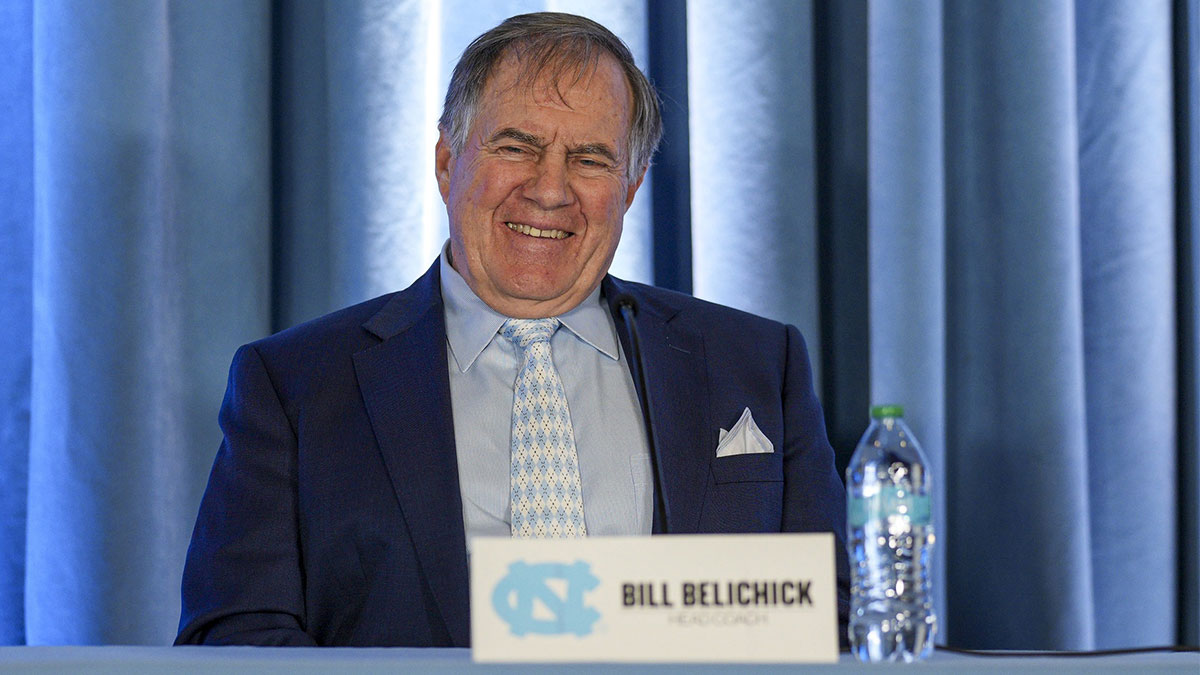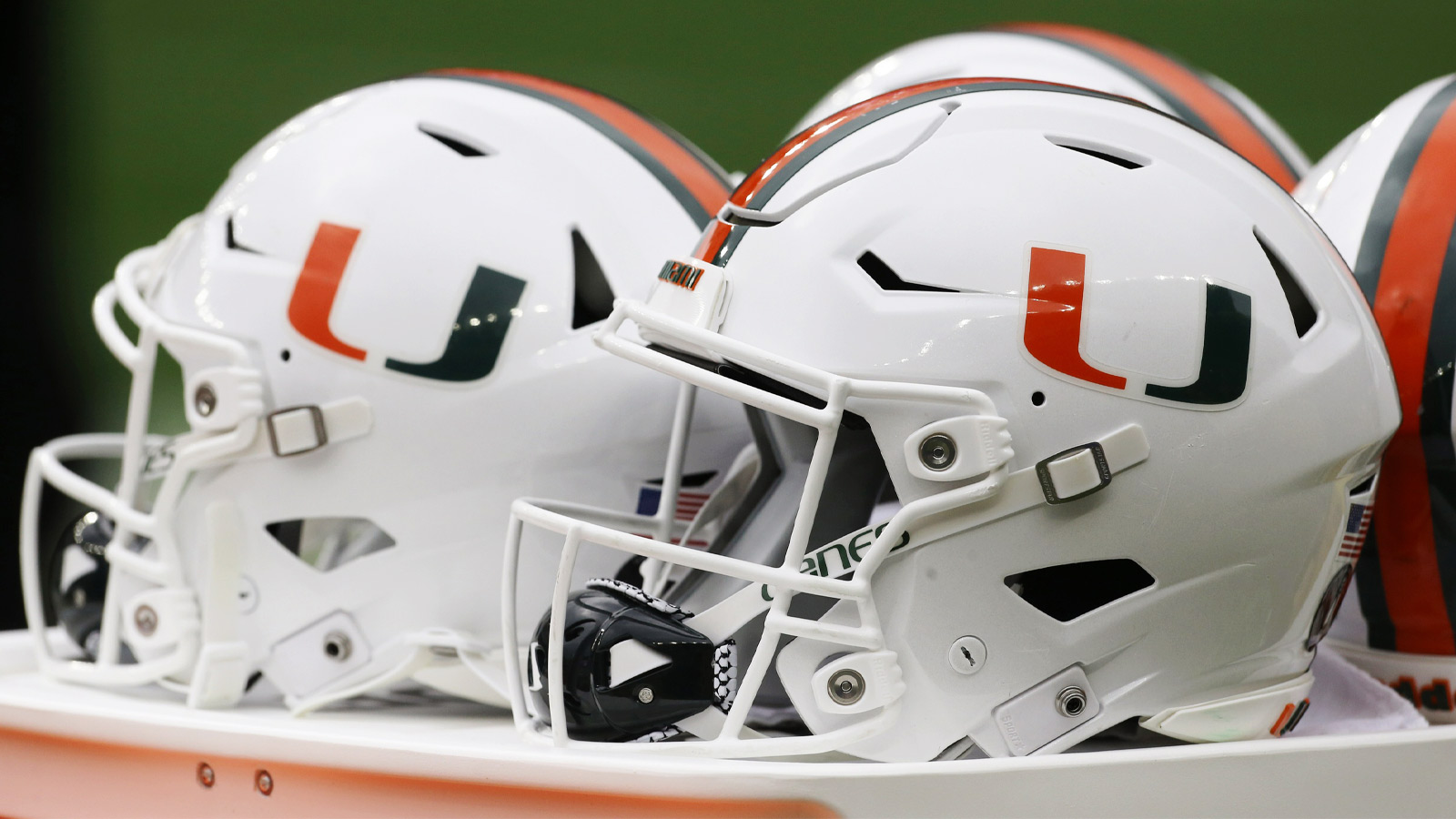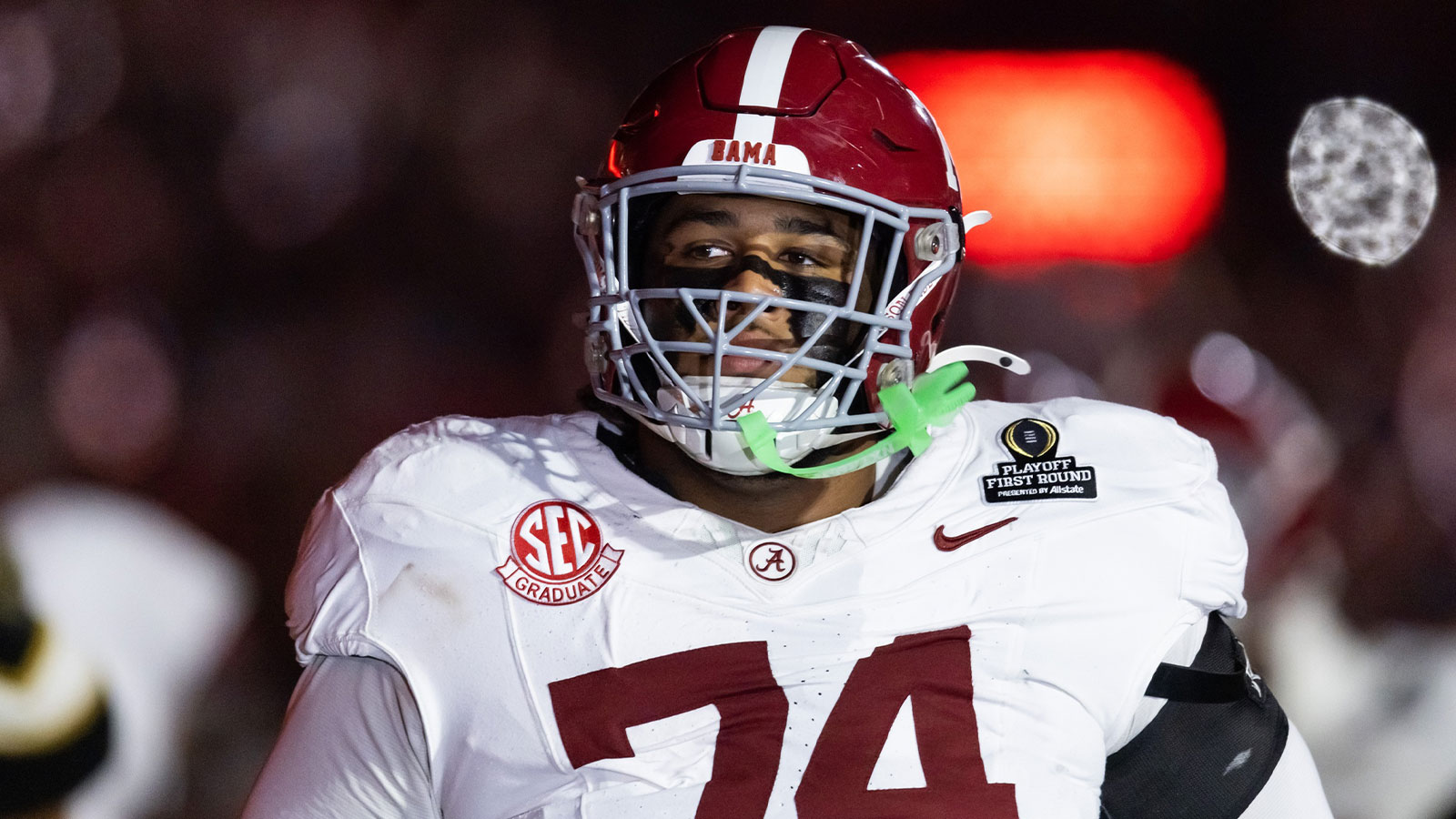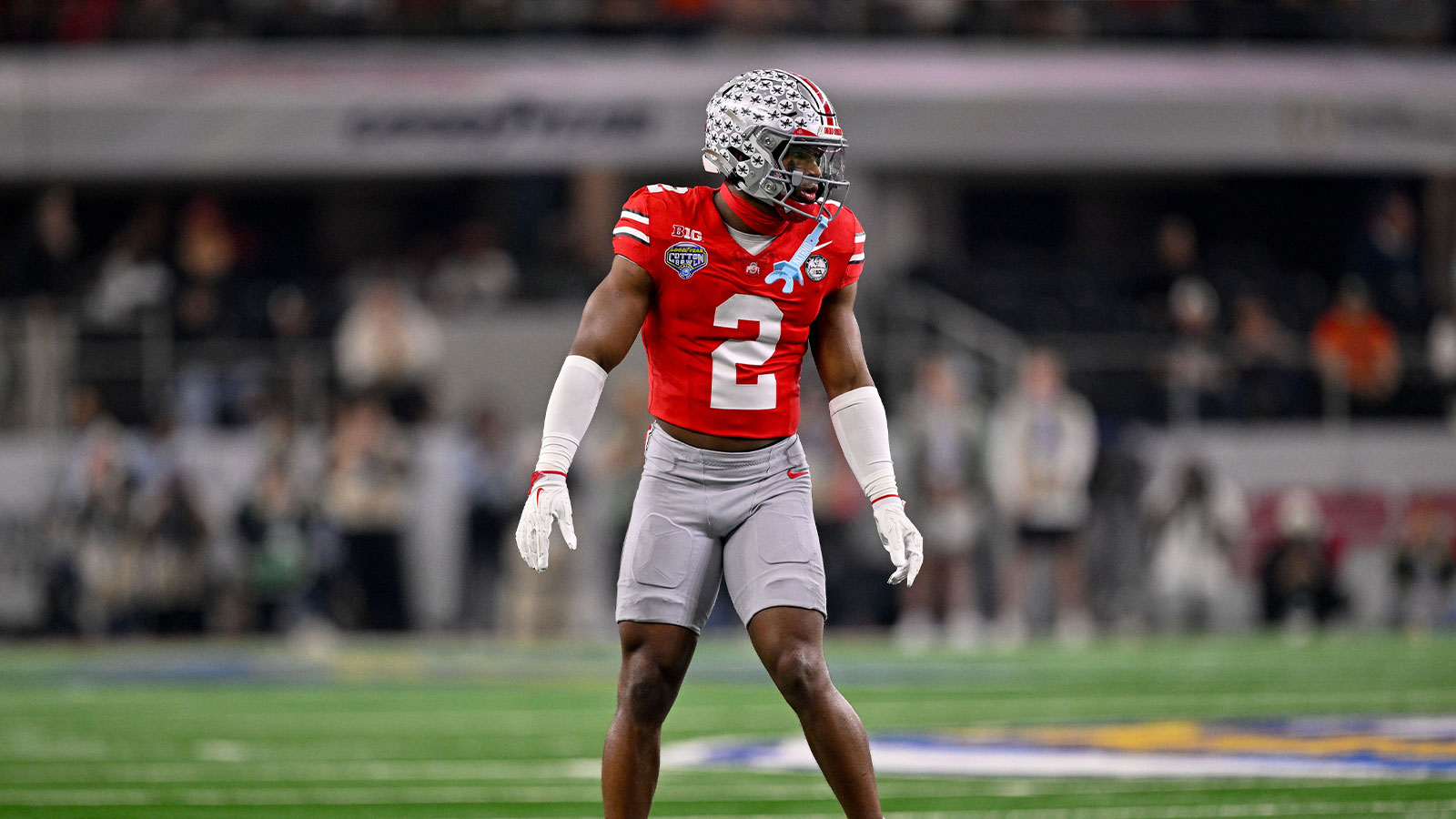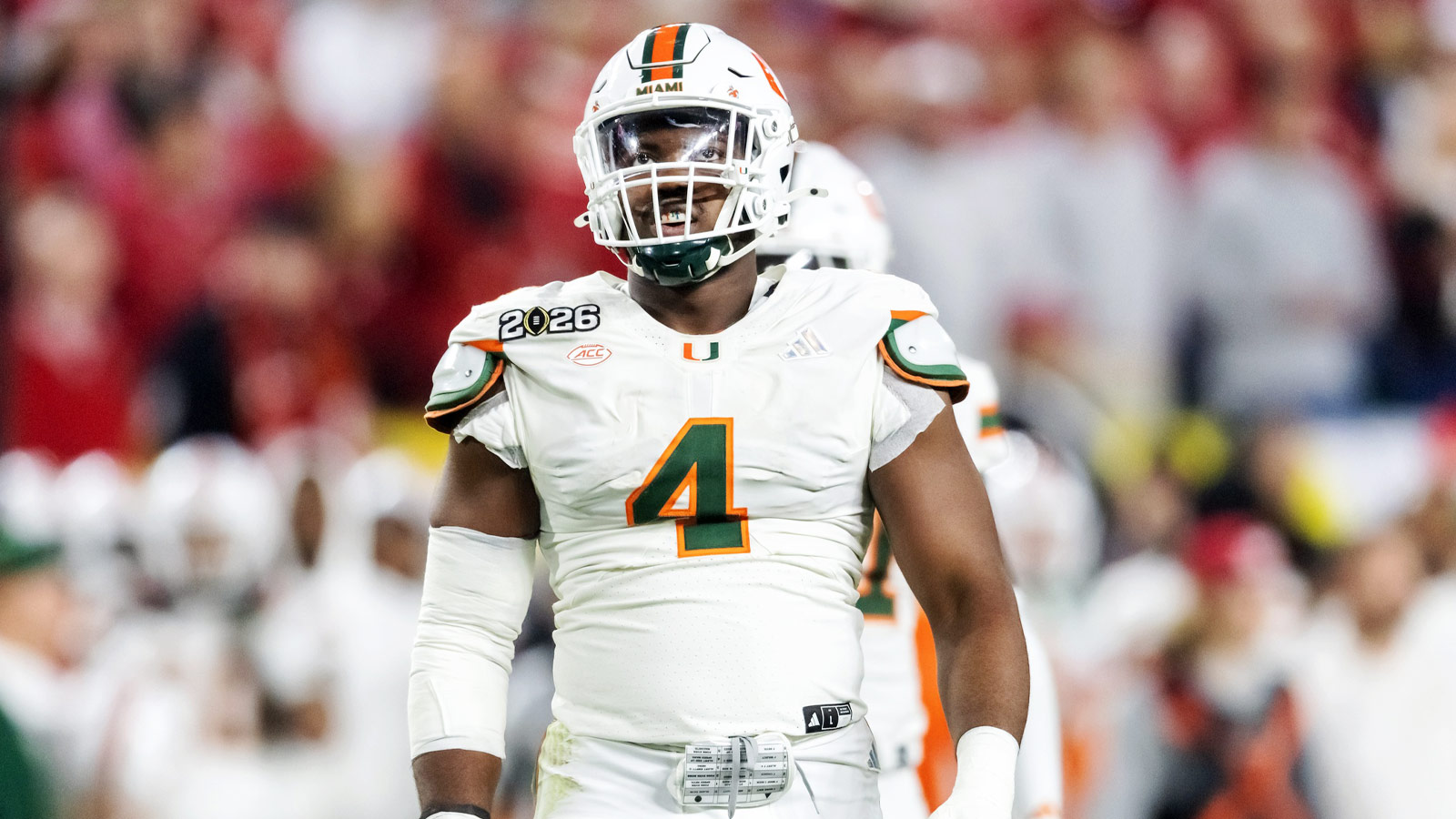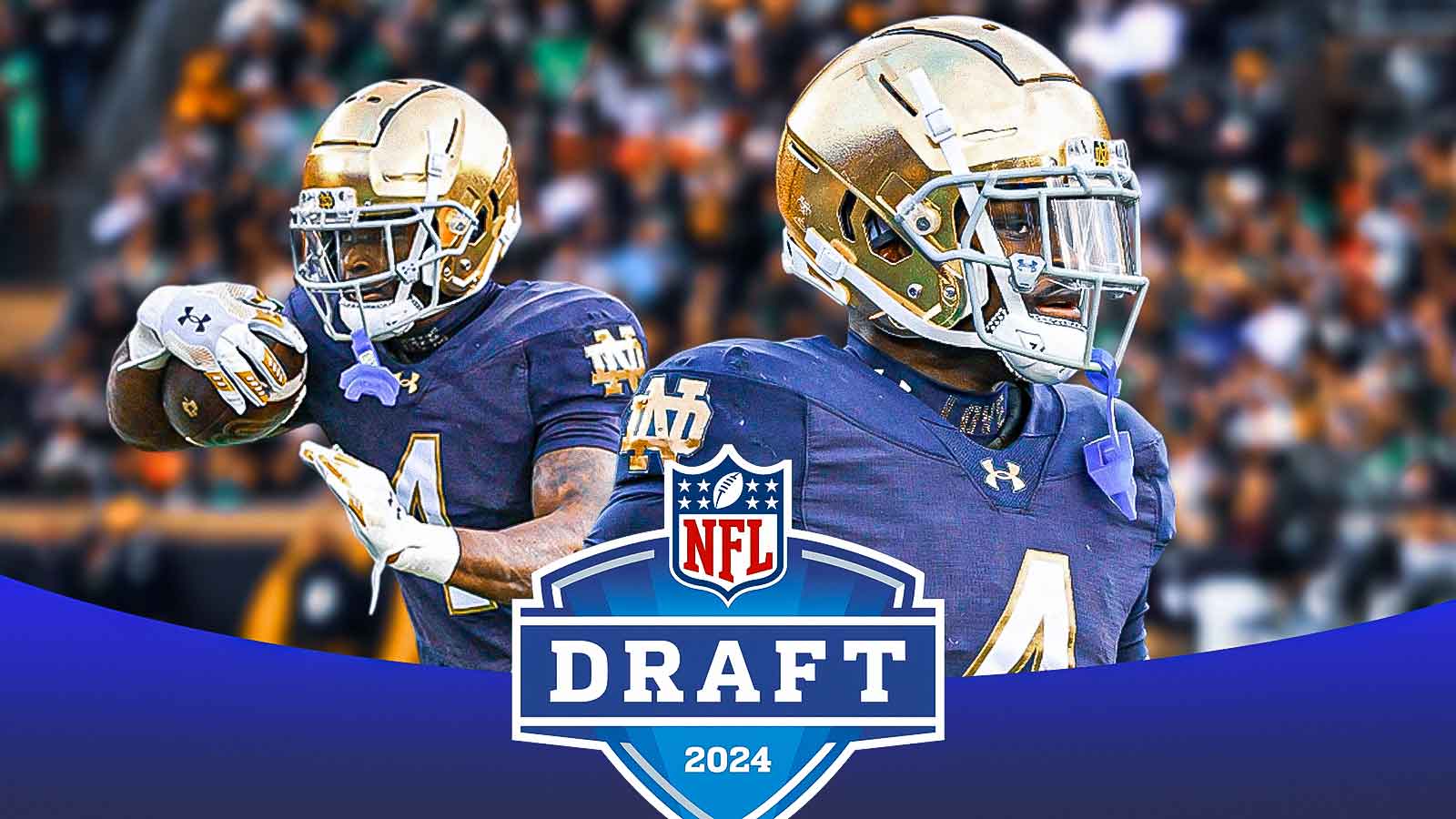If you told North Carolina football fans a few months ago that Bill Belichick would be their next head coach, they’d probably have laughed in your face. No fortune teller or bold sports predictor could have possibly envisioned arguably the greatest NFL head coach in league history making the jump to college football—let alone to an ACC program like the Tar Heels.
But it’s real. Belichick is now decked out in Carolina blue. The only question is: will it work?
Why would anyone turn down Bill Belichick?
It’s a fair question. After all, who wouldn’t want a six-time Super Bowl-winning head coach? However, the mere fact that Belichick was jobless should raise some eyebrows.
Belichick was about to enter his second straight offseason without an NFL head coaching gig—something that hasn’t happened since he was an assistant coach with the Jets back in 1999. From 2000 to 2023, Belichick was synonymous with the New England Patriots, leading them to unparalleled success. So why didn’t one of the many NFL teams in need of a head coach jump at the chance to hire him?
Was Bill Belichick really sought after?
Belichick was reportedly in talks with the Atlanta Falcons earlier this year, but those discussions fizzled quickly, with rumors suggesting concerns over his fit with the team’s roster and long-term vision. Instead, Atlanta opted for another former NFL head coach, Raheem Morris, who currently has the Falcons sitting at 6-7.
Even as the 2024 NFL season winds down, several teams—such as the Jets, Saints, and Bears—are already in the market for new head coaches, with more vacancies likely to emerge. While Belichick reportedly expressed interest in both the Jets and Bears, it seems those opportunities weren’t moving fast enough for him. He even made a phone call to New York to gauge their interest, but with time running out on the Tar Heels job, Belichick ultimately chose Chapel Hill.
Why North Carolina?
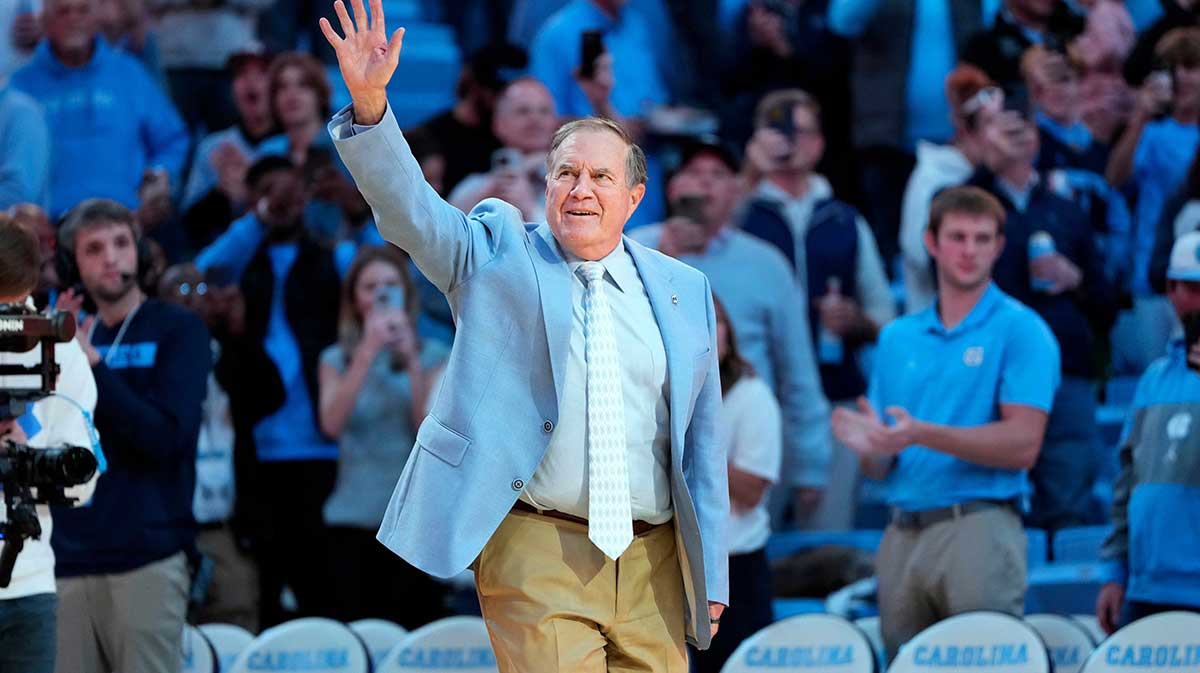
It’s hard to know if this move was one of genuine interest or one made out of necessity. Did Belichick accept the North Carolina job because he feared being passed over by NFL owners and general managers again? Or was this a calculated decision, driven by a desire to return to his coaching roots—especially given his father’s ties to the program decades ago?
Regardless of the reasoning, the jump from the NFL to college football is a rare and often challenging one, particularly for a coach who’s spent over two decades operating at the professional level. For someone like Belichick, it’s hard to imagine such a move unless it was absolutely necessary.
Bill Belichick's contract with North Carolina raises questions
When Bill Belichick signed his contract with North Carolina, he became the sixth-highest-paid college football coach at a public university heading into the 2025 season, according to USA Today. The deal is a five-year, $50 million contract, but only three years are guaranteed if Belichick is fired without cause.
One particularly intriguing aspect of the contract is the buyout clause. Before June 1, the buyout stands at $10 million, but after June 1, it drops to just $1 million. This detail suggests there’s a very real possibility that Belichick’s tenure in Chapel Hill could be short-lived—potentially ending before the fall season even begins.
This arrangement opens the door for an NFL team, desperate for a head coach, to swoop in after June 1. If that happens, Belichick could leave North Carolina as quickly as he arrived, potentially coaching nothing more than a spring game—a surreal scenario for one of football's most decorated coaches.
Questions about Bill Belichick the recruiter is a real concern
One of the most obvious challenges with Bill Belichick coaching at the college level is recruiting. It’s one of the starkest differences between the NFL and college football. Unlike the NFL, where teams are limited to their allotted draft picks based on their record, Belichick now has the freedom to pursue whichever talent he desires—whether from high school prospects or the transfer portal.
The key question is: How effective is Belichick’s recruiting pitch? Is it more than just flashing his six Super Bowl rings?
So far, Belichick has made a promising start. He officially signed four-star quarterback Bryce Baker and managed to retain talented linebacker Amare Campbell (per ESPN's Max Olson), who had initially entered the transfer portal.
However, both Baker and Campbell were already connected to the program before Belichick's arrival. The real test will come when he and his staff compete for recruits already heavily courted by other schools. Given that Belichick missed the early signing period, his success in the transfer portal will be an immediate indicator of his recruiting abilities. Still, his first full recruiting cycle—if he remains in Chapel Hill long enough—will provide the clearest barometer of his effectiveness.

